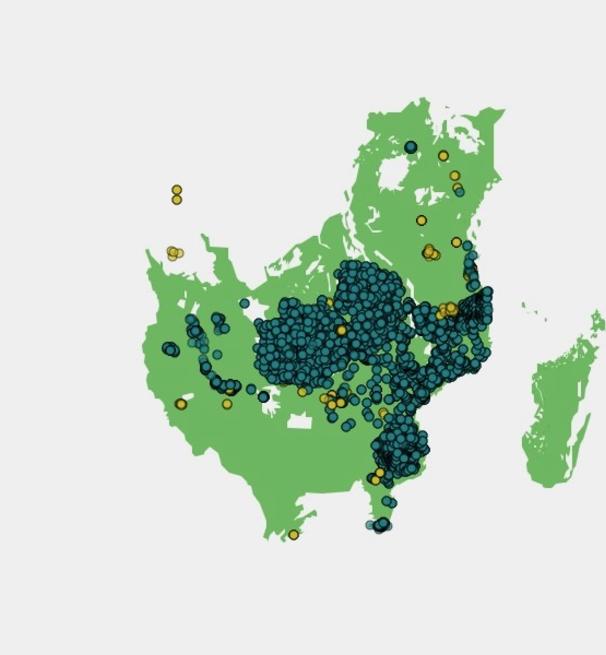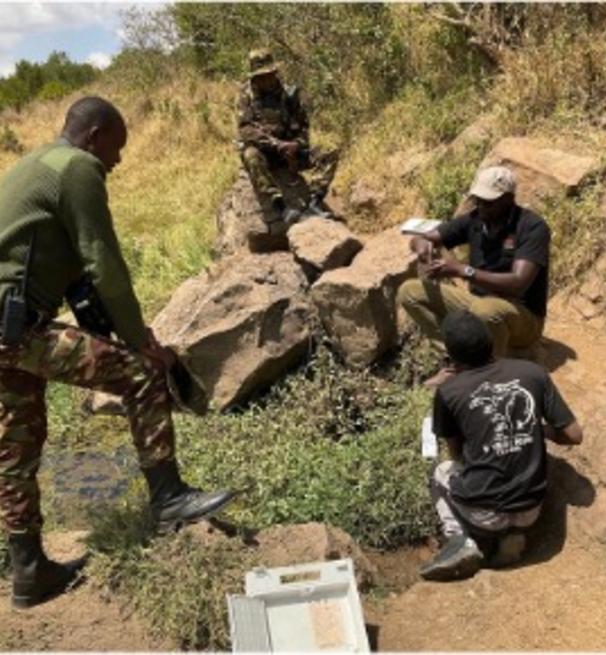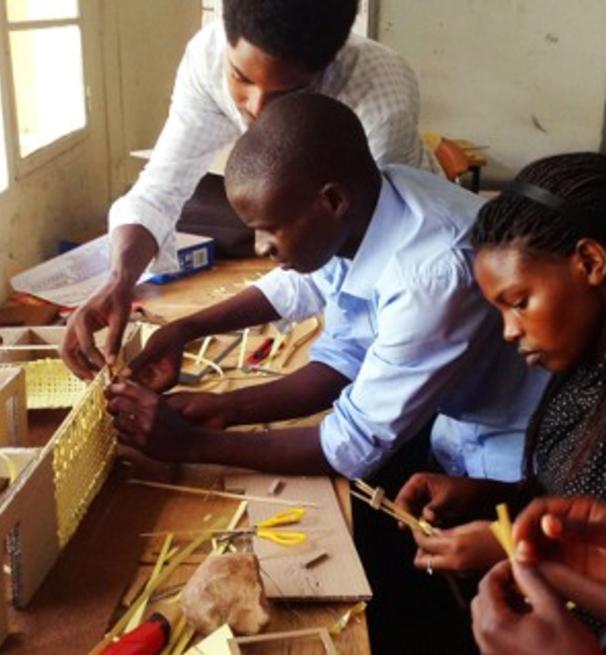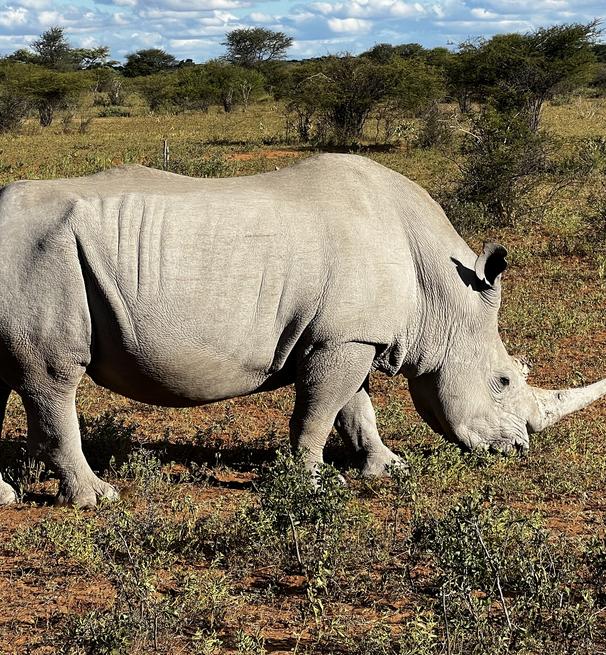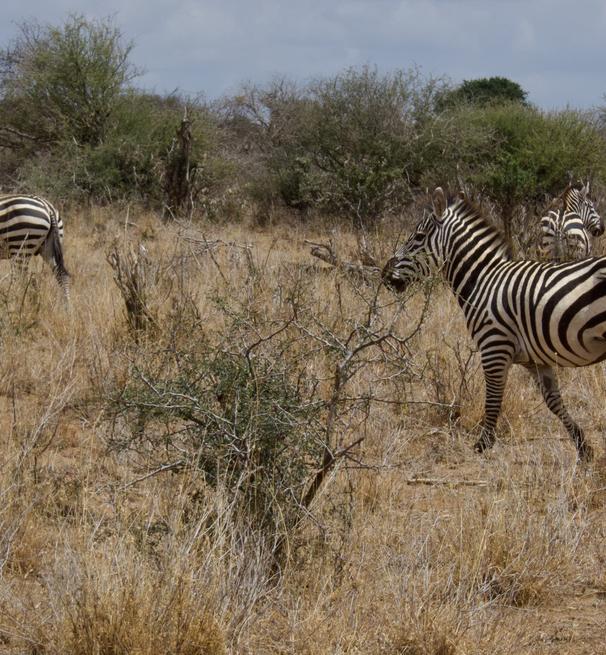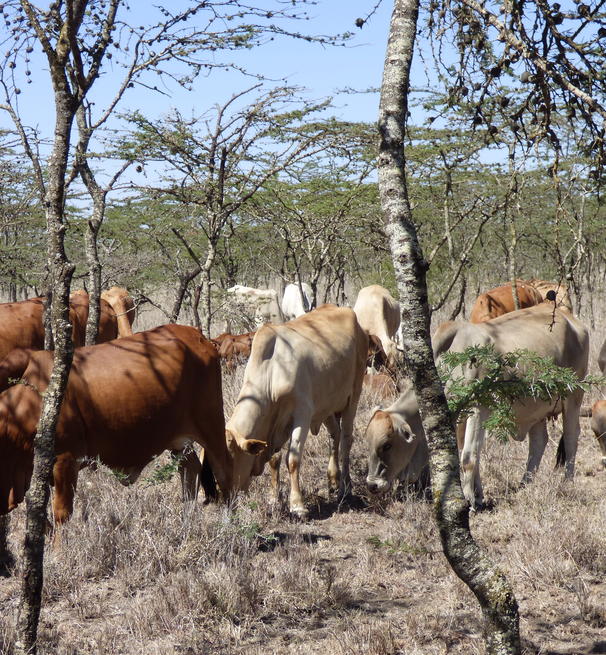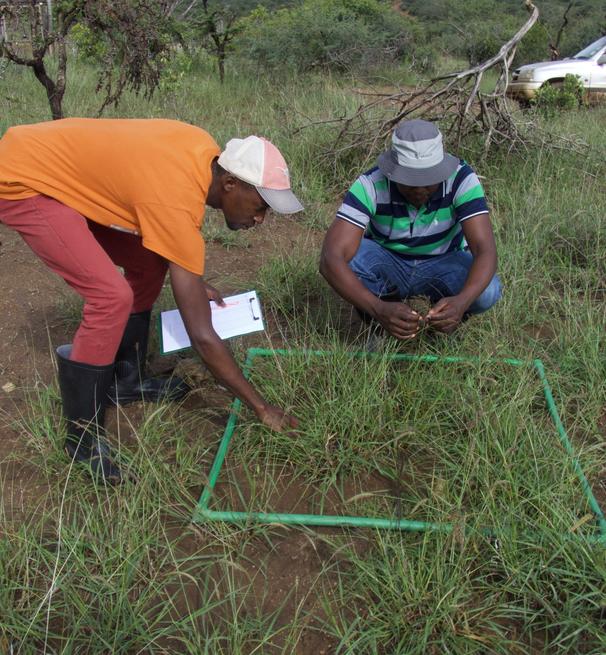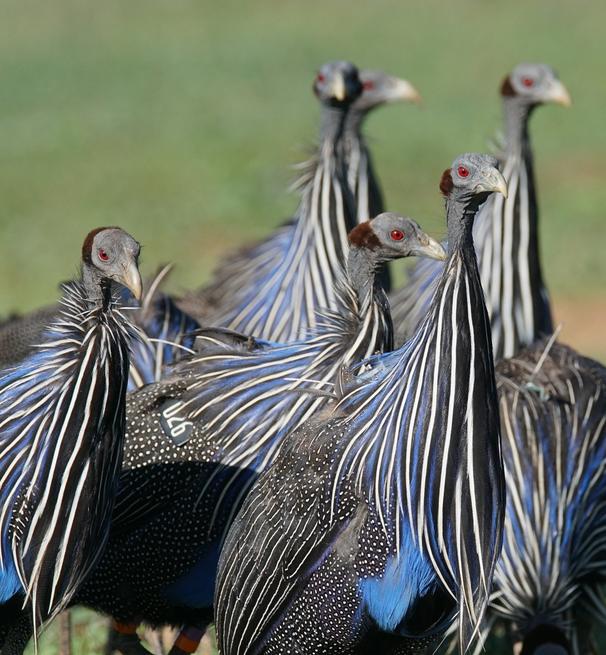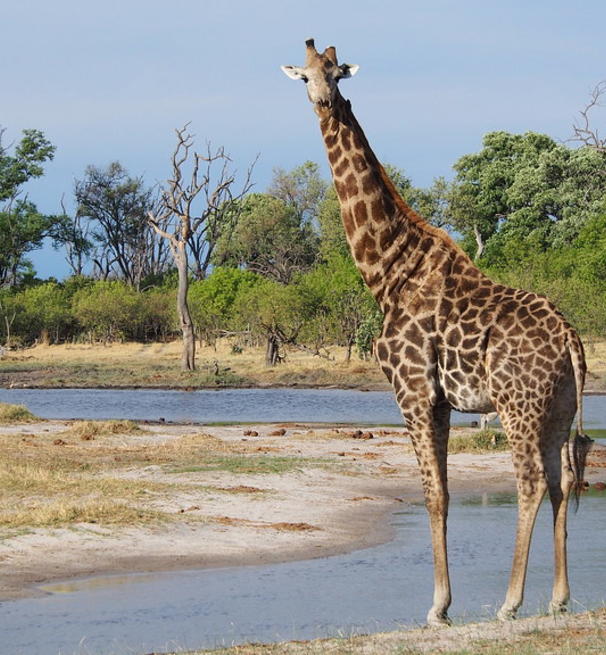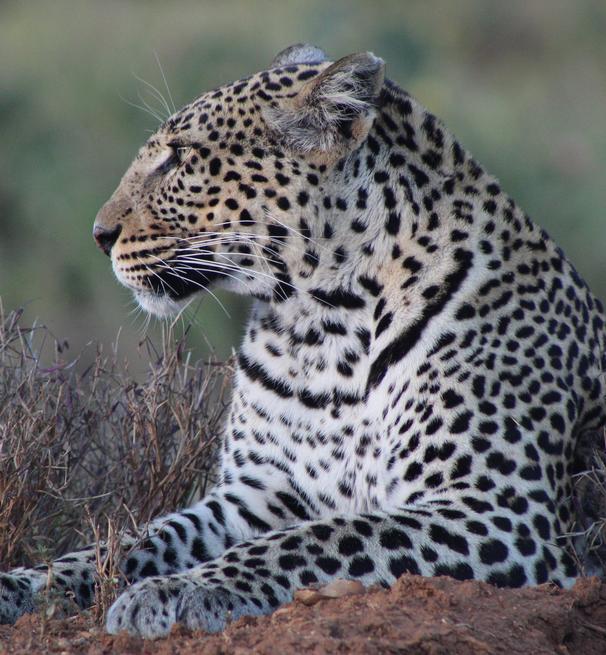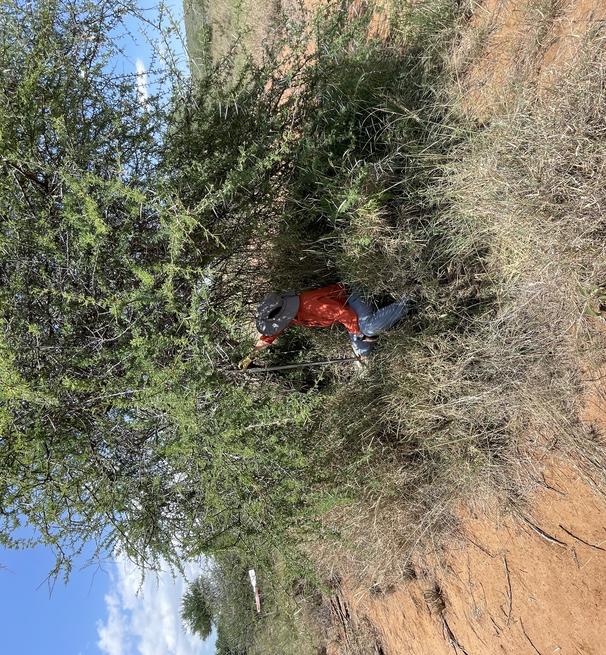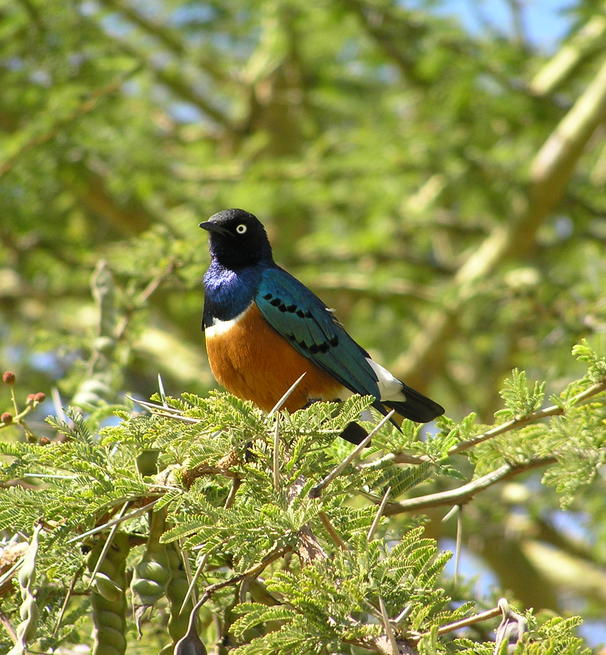~750
Peer-reviewed publications
Groundbreaking research includes the Kenya Long-Term Exclosure Experiment (KLEE), the most productive field experiment ever conducted in Africa.
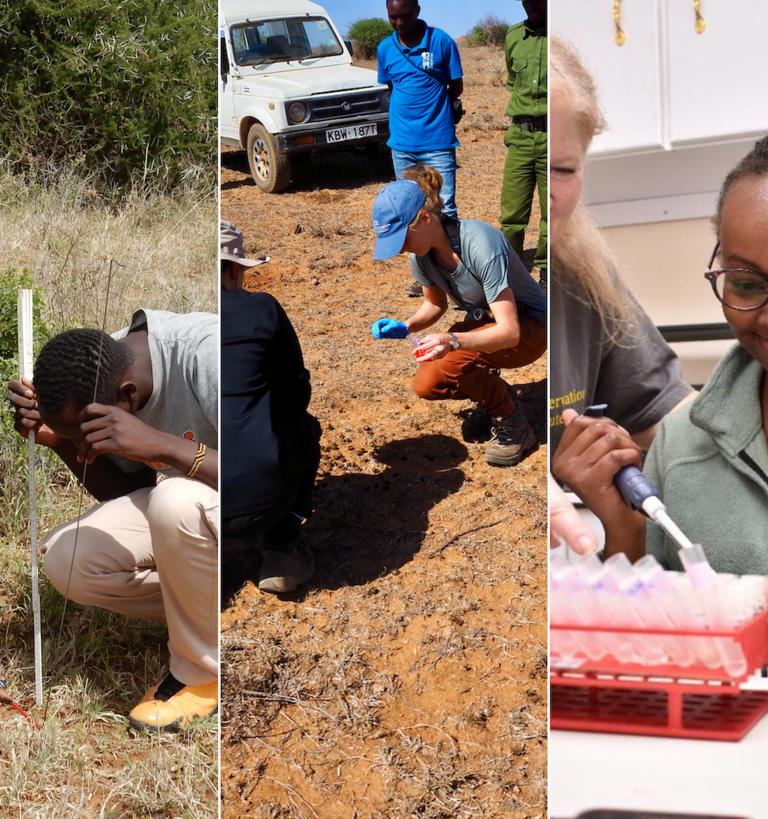
Mpala has a 30-year history of research that strives to find solutions to humanity's most pressing crises. Situated in a semi-arid savannah in northern Kenya, many of the center's long-term projects investigate ecological issues surrounding wildlife, ecology and land stewardship.
Groundbreaking research includes the Kenya Long-Term Exclosure Experiment (KLEE), the most productive field experiment ever conducted in Africa.
Mpala has welcomed researchers from over 65 institutions worldwide.
Mpala has one of the only field-based genomics labs in the region.
